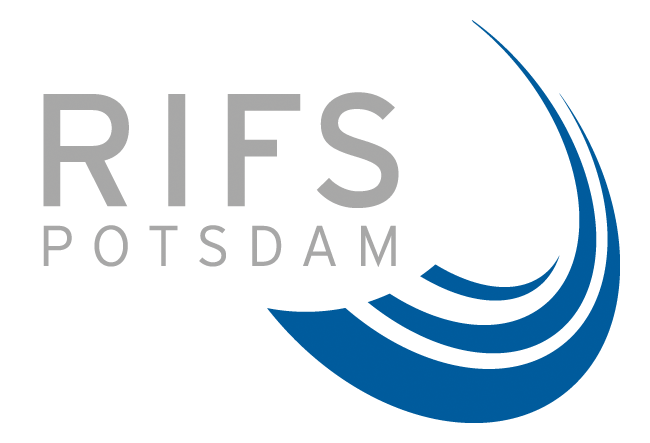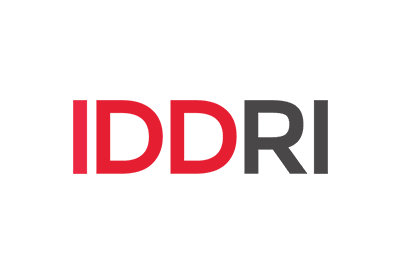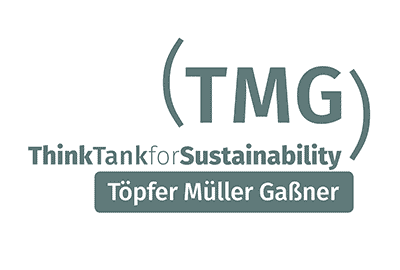Date/Time
23/11/2021 - 4:00 - 5:30
Venue
Zoom
This public webinar organized by IDDRI in the framework of the STRONG High Seas project aims to give an overview of the situation of MCS in ABNJ in the Western African region, highlighting existing challenges and needs and presenting best practices examples.
Chair: Julien Rochette, Ocean Programme Director, IDDRI
Speakers:
- Godfrey Baidoo-Tsibu, Coordinator, FCWC-PESCAO Regional MCS Centre Coordinator
- Dyhia Belhabib, Fisheries Programme Manager, Ecotrust Canada
- Klaudija Cremers, Research Fellow, IDDRI
- Sandy Davies, Technical Expert, Stop Illegal Fishing
The Western African region, between Mauritania and South Africa, is a highly biologically productive marine area, with three large marine ecosystems (LME) and an important seamount chain fostering abundant marine biodiversity. This leads to strong fishing pressure, particularly from industrial vessels. Illegal, unreported and unregulated (IUU) fishing is present in the region, depleting fish stocks, affecting States’ revenues and threatening local communities. The region also suffers from piracy and related attacks at sea, as well as the trafficking of weapons, drugs, humans (i.e. forced labour) and exotic animals.
Monitoring, Control and Surveillance (MCS) of human activities is therefore critical in efficiently managing both national and international waters of the region. MCS can be described as a wide range of tools, technologies and policies to ensure the sustainable management of marine resources. It includes data collection and reporting, licensing, observer programmes and electronic surveillance systems, regulations and sanctions, and enforcement actions.
African States along the Western African coast have made important efforts towards MCS of human activities in their exclusive economic zones (EEZ), but there are still some important gaps in areas beyond national jurisdiction (ABNJ).
The conference will be public and recorded. If you cannot log in to Zoom, this event will also be streamed live on YouTube, where you will be able to ask questions. Please note, simultaneous translation will only be available on Zoom.
Registration: here



